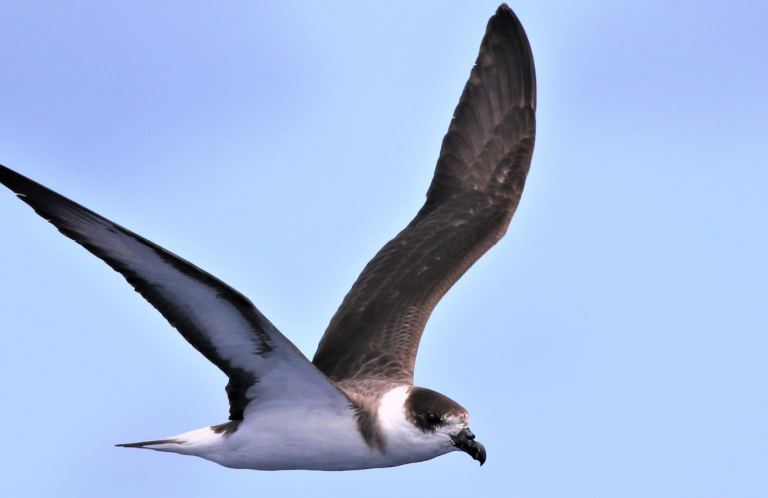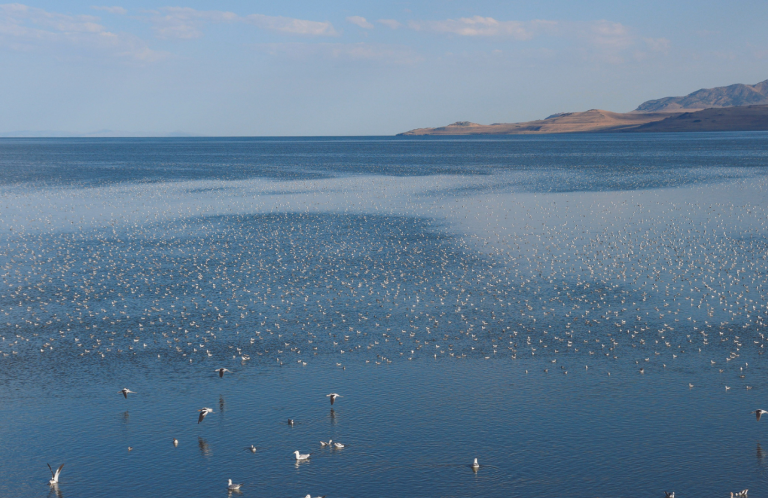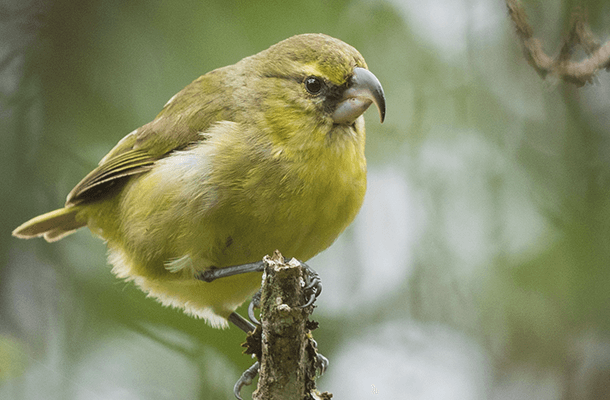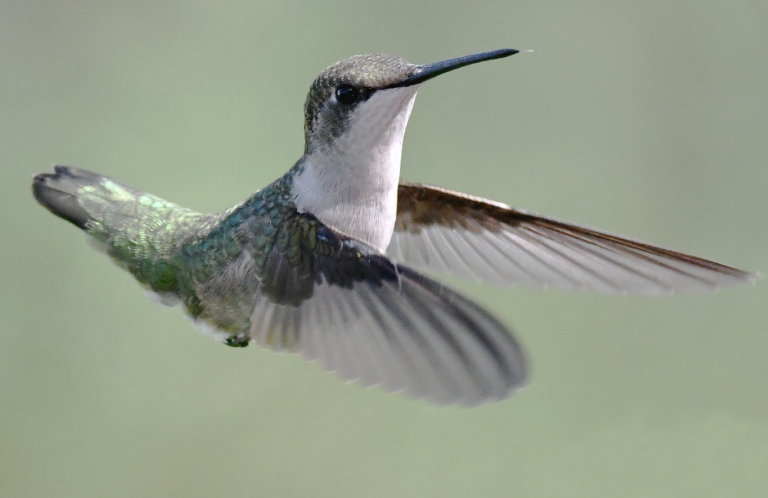Potatoes Loom Large Over Rare Mexican Grassland
Recently, much has been written about North America's fastest declining group of birds, the grassland species, including a September Science paper that put their loss since 1970 at 700 million breeding birds across 31 species. Loss of breeding habitat is a grave concern, but many Americans and Canadians don't realize there are dire conservation concerns on the birds' Mexican wintering grounds as well.
Since 2008, ABC, Mexican partner Pronatura Noreste, and other groups have worked hard to protect key grasslands south of the border. One major effort has been conservation of one of North America's largest remaining grassland ecosystems, designated as the El Tokio BirdScape and as a Grassland Priority Conservation Area (GPCA) by the Commission for Environmental Cooperation (CEC). But this area is now facing an existential threat — expanding, large-scale potato production that could convert nearly 35,000 acres, and could wipe out an endemic mammal species upon which many declining bird species depend.
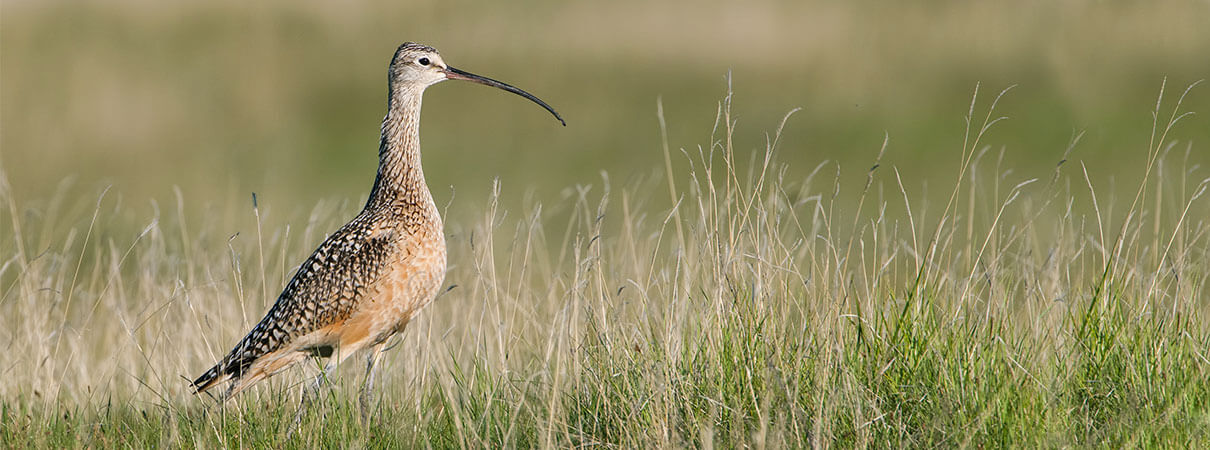
Long-billed Curlew. Photo by Tim Zurowski/Shutterstock
El Tokio sits on a highland plateau, with desert grassland running across flat expanses between hills and mountains. There, local community cooperatives, or ejidos, have worked with the conservation partnership since 2008 to embrace sustainable grazing practices, while the state is responsible for a key designated protected area in the largest remaining grassland there, called Llano de Soledad. New developments are now threatening much of the grassland area, including the Llano de Soledad.
For birds and other wildlife, much is at stake. An estimated 15 percent of the Long-billed Curlew population winters in the El Tokio BirdScape, and it is the last stronghold of the endemic and Endangered Worthen's Sparrow. Near Threatened, the Mountain Plover winters here in large numbers, and also nests — El Tokio is the species' only Mexican breeding site. The area is also an important wintering spot for the Sprague's Pipit and stopover for migrating Upland Sandpipers.
Grazing was a traditional land use here, one that if sustainably managed can be compatible with bird conservation. But recently, potato growing has grown in popularity because the flat area is easy to clear and irrigate, and free of plant diseases. Now, national and international grocery chains and snack food producers are pushing for a large-scale conversion of El Tokio acreage to potato production. Illegal, newly dug wells have popped up, likely intended to irrigate planned fields.
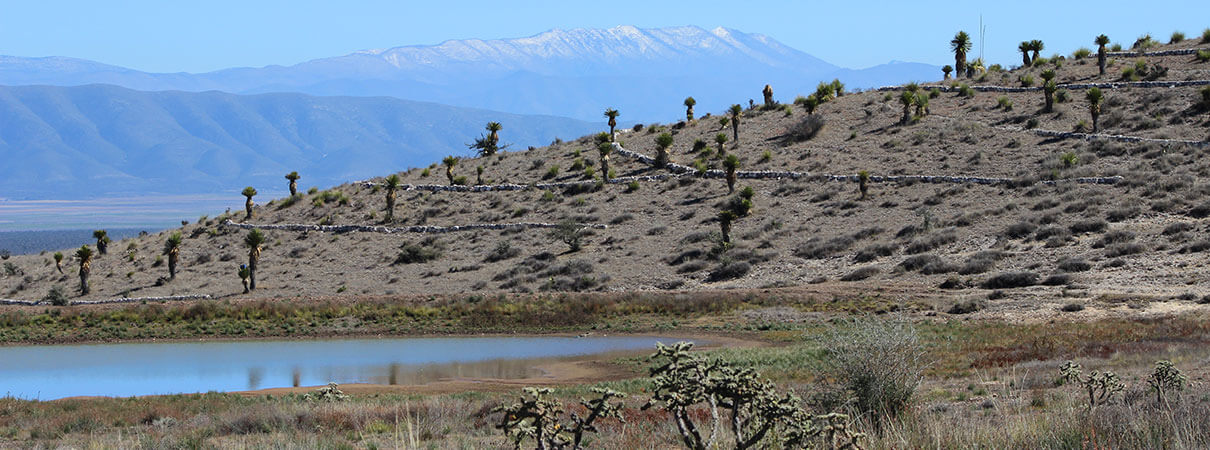
El Tokio landscape. Photo by Andrew Rothman
To the untrained eye, the desert grassland here looks barren and rather like a moonscape. Countless dirt mounds dot sparse lawn-height vegetation — the work of the area's furry “grounds maintenance crew,” the last large colony network of the endemic and Endangered Mexican Prairie Dog. Remaining prairie dog colonies maintain unique wildlife habitat conditions. The burrows shelter Burrowing Owls and a myriad of other species, and the close-cropped ground cover provides bountiful feeding opportunities for birds and reptiles — as well as clear sight lines to spot predators including Golden Eagles, Prairie Falcons, and Ferruginous Hawks.
“The Mexican Prairie Dog is a keystone species. If prairie dogs are lost, the ecosystem collapses. That means birds and their habitat vanish as well,” says Andrew Rothman, ABC's Migratory Bird Program Director. “Unfortunately, the threat of the complete conversion of this prairie dog town is very real.”
ABC supports Pronatura Noreste and other groups that want to ensure El Tokio and the state-protected natural areas remain protected — in short, that the land is managed in a way that both supports sustainable production of appropriate crops while ensuring long-term wildlife conservation.
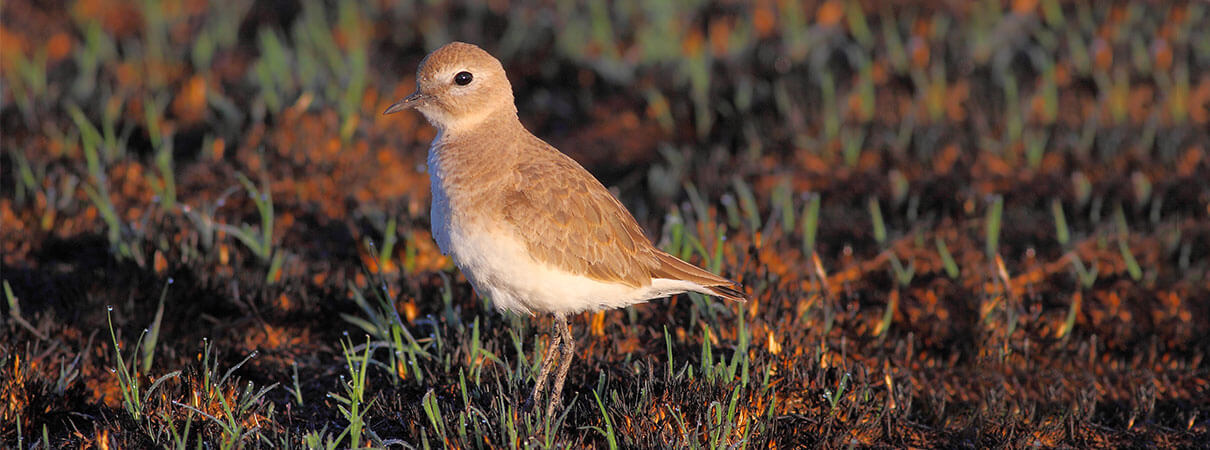
Mountain Plover. Photo by American Bird Conservancy
Pronatura Noreste and Reforestación Extrema have already expressed concerns to local authorities including the national water commission, state and federal government representatives, and the general public. Recently, the national water commission capped the illegal wells identified in the area, and the conservation partnership is working with local officials to put in place an injunction preventing incursions into the protected zone. Communication with the local potato growers association and the large companies that would buy potatoes from this region will be key. ABC and its partners with interests in the conservation of habitat for grassland birds will be following up directly with the identified players to find sustainable solutions.
Click here to support ABC's efforts to save this unique ecosystem.
 | Howard Youth is ABC's Senior Writer/Editor, and is the author of Field Guide to the Natural World of Washington, D.C. |





































